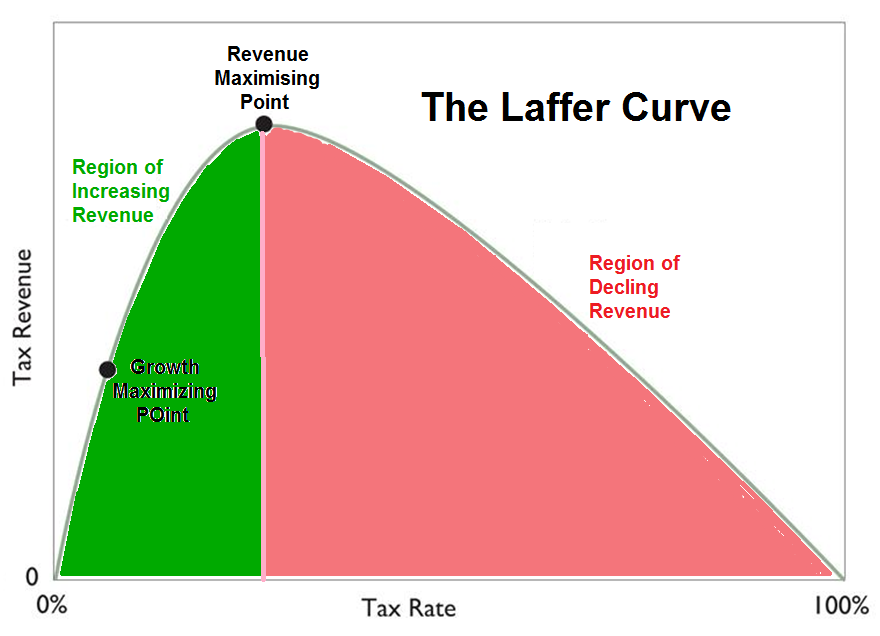Again... Free market capitalism is the voluntary exchange of goods and services for remuneration with minimal government interference.
I trust you realize that is your definition of that phrase.
Why have I said that? Well, because:
- Capitalism is a system where the factors of production -- land, labor, entrepreneurship, and capital -- are privately rather than governmentally owned. Obviously, capitalism exists on a spectrum having zero governmental ownership at one end and <100% governmental ownership at the other. 100% government ownership of the factors of production is not capitalism.
- "Free market" is system that, like capitalism, is defined on a spectrum where one has varying degrees of intervention (regulation) on the exchange of goods and services between buyers and sellers. When most people discuss the “free market,” they mean an economy with unobstructed competition and only private transactions between buyers and sellers. However, a more inclusive definition should include any voluntary economic activity so long as it is not controlled by coercive central authorities.
- Free trade is the economic policy of not discriminating against imports from and exports to foreign jurisdictions. Buyers and sellers from separate economies may voluntarily trade without the domestic government applying tariffs, quotas, subsidies or prohibitions on their goods and services. Free trade is the opposite of trade protectionism or economic isolationism.
Because the two systems noted above (the last element is a policy not a system) are not mutually exclusive, and in light of what a comprehensive definition of "free market" necessarily entails, one observes that laissez-faire capitalism and voluntary socialism are each examples of a free market, even though the latter includes common (governmental/societal) ownership of the factors of production. The critical feature is the absence of coercive impositions or restrictions regarding economic activity. Coercion may take place in a free market if mutually agreed to in a voluntary contract, such as remedies enforced by tort law.
All constraints on the free market use implicit or explicit threats of force. Common examples include: prohibition of specific exchanges, taxation, regulations, mandates on specific terms within an exchange, licensing requirements, fixed exchange rates, competition from publicly provided services, price controls and quotas on production, purchases of goods or employee hiring practices.
Even when free market behavior is regulated, voluntary exchanges may still take place in spite of government prohibitions. Such exchanges take place in the so-called “black market,” which may be considered an underground version of the free market. Competition is difficult and the price system is much less effective in a black market, so monopolistic or oligopolistic behavior is likely.
The above understandings are why my discussions thus far have focused on using terms like
laissez faire capitalism and free trade. They are well recognized (and not "fancy" or arcane) terms that are well understood and studied. The conflation in this thread of the concepts of free trade, free markets and capitalism (
laissez faire or otherwise) makes this discussion rather tedious. I can tell that you favor capitalism. I think you favor free trade. I don't know what to make of your position on free markets other than by inference. That it is only by inference that I (others?) can tell what you mean by the "free market" aspect of the term "free market capitalism" is what confounds clarity in this discussion and makes what otherwise would be a very simple and relatively interesting discussion to have somewhat tedious. The consequence is that the discussion has focused mostly on agreeing terminology rather than discussing proposed strategies/tactics and their causes and effects.
